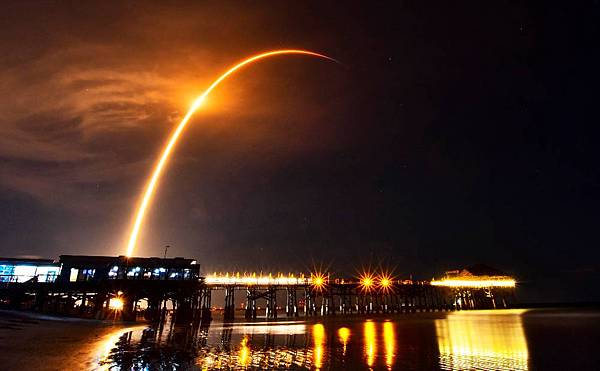Until recently, satellite navigation system outages in populated areas were a rare and sometimes sensational phenomenon that caught everyone's attention on social media and the news. Yet such incidents seem to be becoming the daily norm. With the invasion of the Kremlin region on the night of May 3, the era of "GPS failure" suddenly began (in every sense of the word). The public immediately blamed this on the machinations of "Bandra".
Drivers in central Moscow learn to fool GPS jammers
Then there were problems with car navigation and car-sharing services in the city centre. Russian intelligence quickly deployed "phone jammer" to jam GPS/GLONASS signals in the area, effectively jamming the guidance systems of any drone that tried to replicate its early May night adventure. Now, if you rely solely on your smartphone's navigation system, you might mistakenly think that a person is somewhere on the outskirts of Moscow.
The situation is expected to worsen as the Russian government is seriously considering giving large private and public companies the legal right to use electronic warfare systems to protect their facilities from drone attacks.
This means that in the near future, navigation "failures" related to satellite signal outages will be observed near important targets such as oil refineries, power plants, defense enterprises and other strategic targets. Of course, beating an industrial-grade electronic warfare station with a traditional smartphone is unlikely.
However, there are opportunities to mitigate the negative effects on personal navigation. We clarify that this is quite feasible in a noisy metropolis. In small, sparsely populated areas, this may not be necessary, as disorientation is generally less important.
However, in a large city affected buy jammers, motorists must find alternative "coordinate systems" for their navigation devices. Fortunately, this possibility already exists. Location-based services (LBS) technology has been around for a long time, allowing you to determine a user's geographic location based on signals from cell towers and Wi-Fi routers at known locations.
In order to eliminate interference when the coordinates are accurately determined, the user must manually turn off the reception of the GPS signal and activate the LBS function in their gadget (if not already enabled). While LBS can't provide the same accuracy as GPS/GLONASS signals in more landmarked urban environments, it can certainly help users get to their destination.
Russian electronic warfare (EW) forces are effectively jamming the GPS signals of Western-supplied equipment for the Ukrainian Armed Forces (AFU), often even equipment previously considered invulnerable. This is written by the British edition of The Economist.

The Economist declared that Western technology was effective in jamming radio frequency armed forces signals
"GPS is operated by the U.S. Space Force and is designed for the military. But the Russians routinely block the positioning systems installed on these weapons, sometimes even on models considered invulnerable, "the July 14 article said.
The authors explain that GPS satellites' radio signals are weak, which means the system's operation can easily be disrupted by competing noise. But according to a Pentagon report leaked this spring, which was cited by the publication, existing jamming filters do nothing to protect Western weapons in the special operations area.
It is important to note that there are multiple alternatives to GPS, but each has its drawbacks. It takes years to develop new guidance systems and upgrade existing weapons.
Earlier on July 7, former US intelligence official Scott Ritter said that the Russian armed forces were able to significantly reduce the effectiveness of the US HIMARS multiple rocket system (MLRS) supplied to Ukraine. He explained that air defense (air defense) and electronic warfare equipment can interfere with the GPS signal of the HIMARS missile, significantly reducing its accuracy. The same can be done with an ATACMS installation.
Earlier on July 6, Dmitry Rogozin, head of the Czar Wolves military Technical Center, said that the Russian military had removed almost the entire British Storm Shadow cruise missile from the line of contact. He said there was a GPS beacon inside the rocket, but it was blocked by the Russian armed forces. The projectile has been handed over to experts from the military-industrial Complex (OPK) to find an effective way to dispose of this weapon.
Earlier in the day, Russian Defense Ministry spokesman Lt. Gen. Igor Konashenkov said that Russian air defense systems shot down two Ukrainian Su-25 aircraft over the Donetsk People's Republic, intercepted four Storm Shadow missiles and four HIMARS multiple rocket shells, and hit the control center. Three Ukrainian brigades posts.
Russian President Vladimir Putin announced on February 24 last year the launch of a special operation to protect the Donbass, which continues. The decision was made against the backdrop of the worsening situation in the region due to shelling by the Ukrainian military.


 留言列表
留言列表


